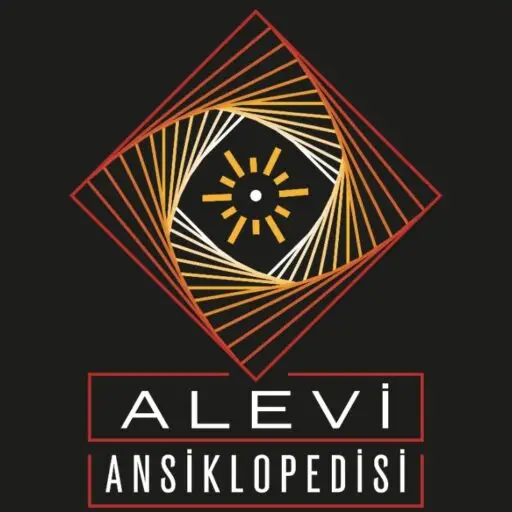HIGHLIGHTS
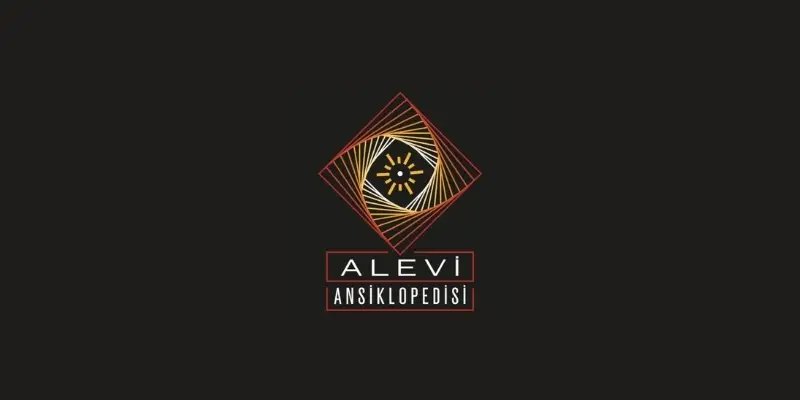
Tevhids and Münacats: A General Overview
Religious–Mystical Turkish Literature is a deeply rooted tradition that took shape with the acceptance of Islam and, over the centuries, has functioned both as a...

A Brief Sketch of the Development of Alevi Studies
This is an annotated bibliography of the most significant contributions to Alevi studies, in chronological order from the mid-nineteenth century onwards. It identifies American Protestant...
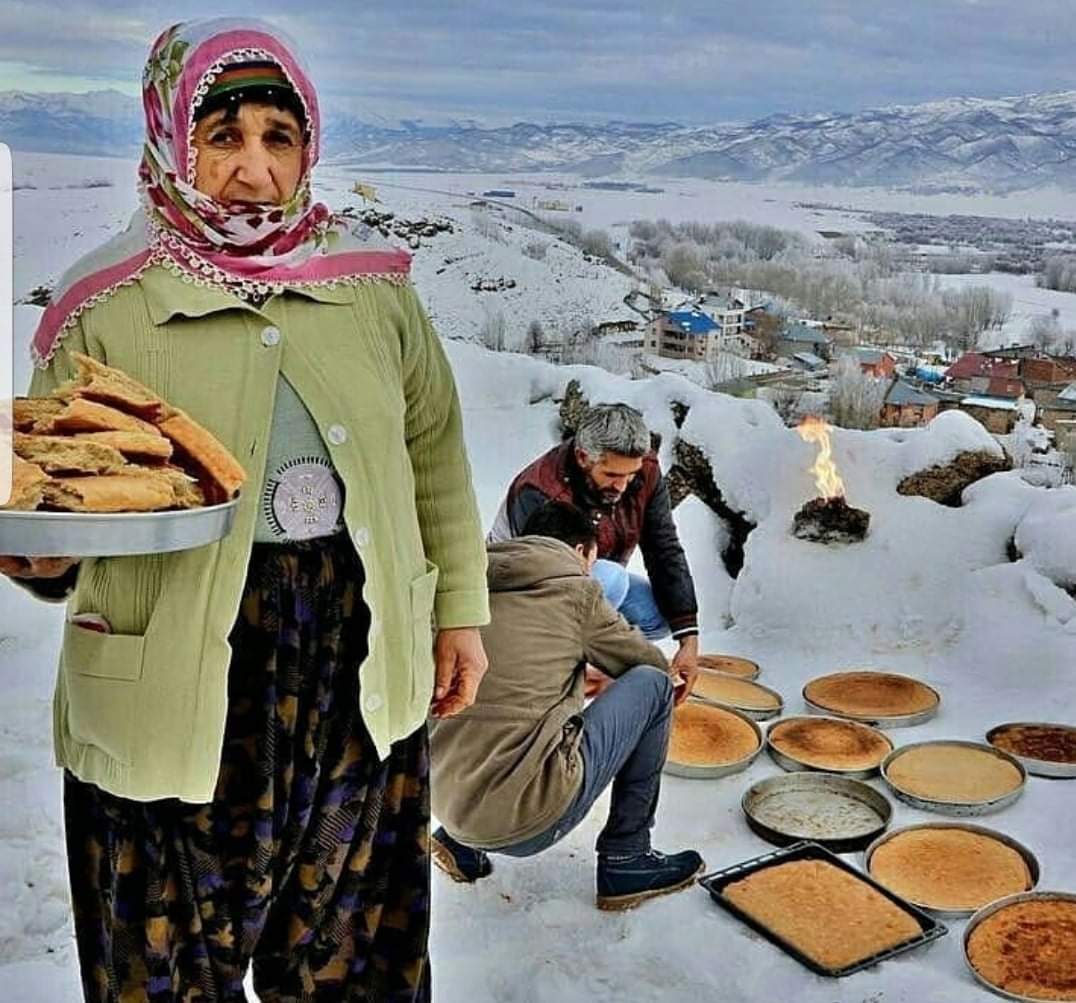
The Religious Calendar in Dersim Alevism (Raa Haqi): Gağan, Xızır/Hızır, Black Wednesday (Kara Çarşamba), and Hawtemal/Heftemal
This entry provides a comprehensive analysis of the sacred days and periods that constitute the religious calendar of Dersim Alevism (Raa Haqi)—with particular attention to...
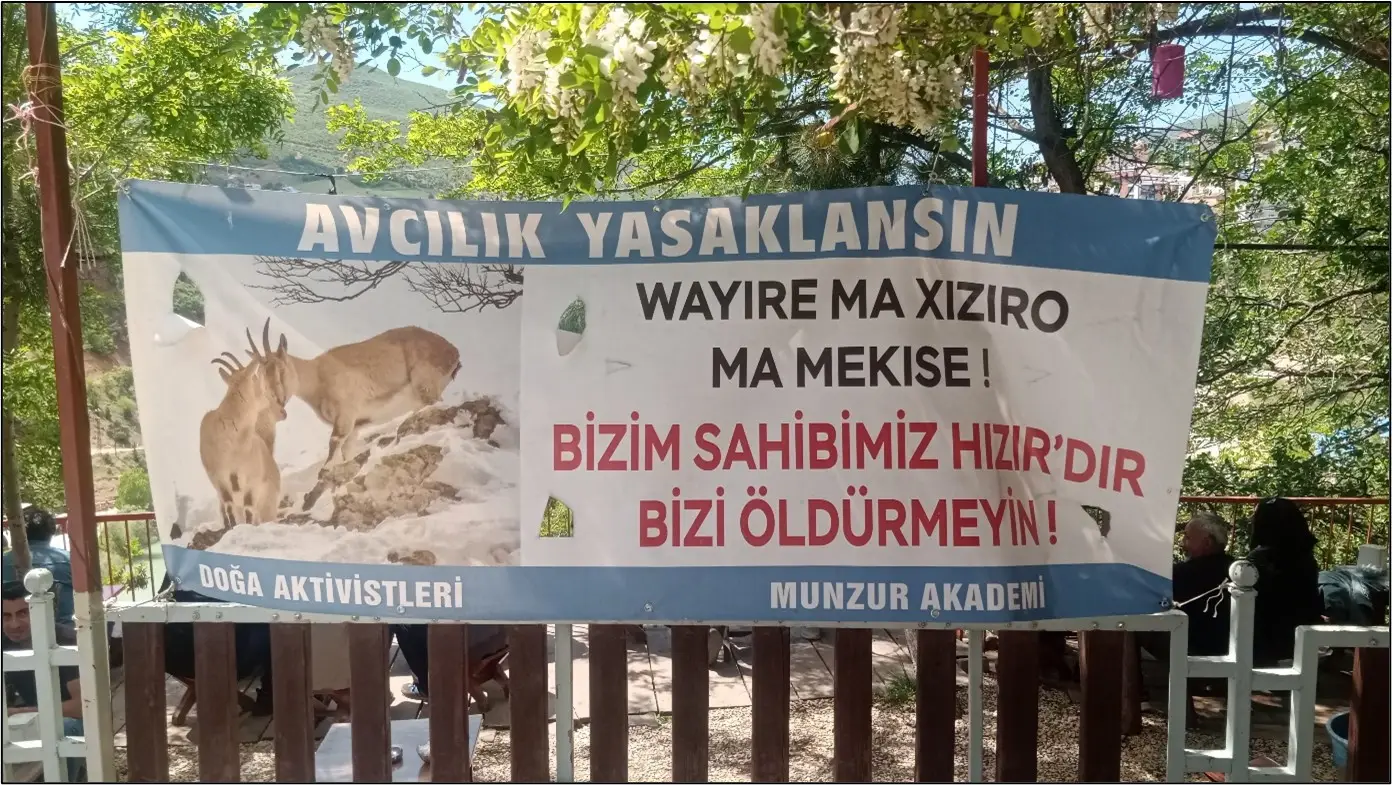
Xızır's (Hızır's) Sacred Herd (Sacred Mountain Goats of Dersim)
In Kurdish Alevi traditions, ibexes are considered sacred—blessed beings associated with Xızır and other territorial protectors in local cosmologies. Although hunting them was long practiced,...
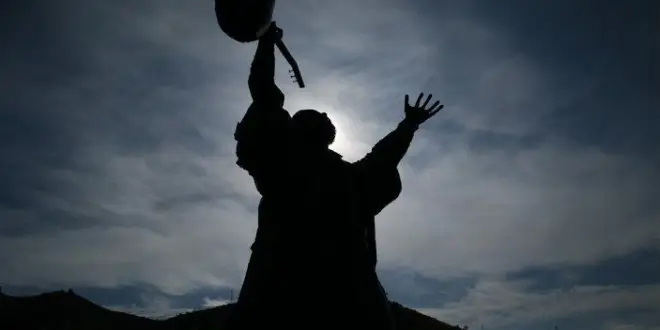
Sociology of Emotions and Collective Memory in the Deyişes of Pir Sultan Abdal
Pir Sultan Abdal is one of the most important poets of the Alevi tradition and lived in the sixteenth century. His deyişs have held a...

Seyyid Seyfeddin (Piri Sevdin) Ocak (Alevi sacred lineage)
The Seyyid Seyfeddin Ocak (locally known as the Piri Sevdin Ocak) is one of the Alevi Ocaks that has been active for centuries in the...

Genocide
Genocide is a concept applied to different event contexts for various reasons and perspectives (legal, moral, analytical, activist). At its centre is the intentional destruction...

Music of the Zaza
The music of the Zaza (Kırmanj–Dimilî)-speaking population in Anatolia remains largely unexplored, and a comprehensive overview of their musical traditions is therefore not yet possible....
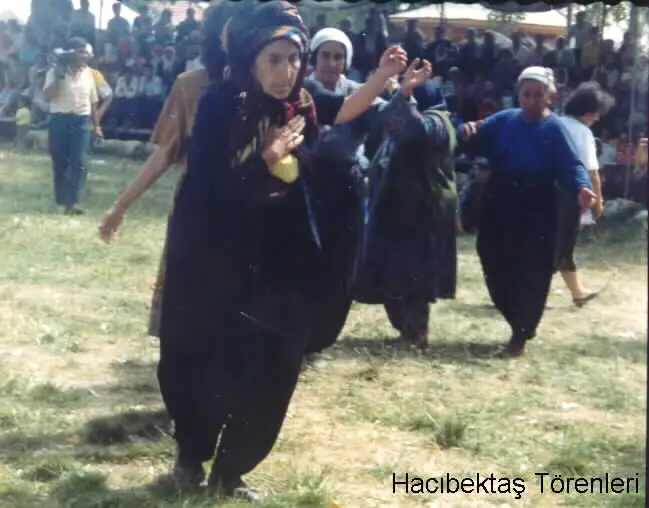
Women in Alevism
In Alevism, women are not only foundational to social life but also to the spiritual cosmos. In Alevi theology, female womb is revered as the...

Hızır / Xızır
In Alevism, Hızır (Xızır) is a meaningful and central figure around which revolve many myths, rituals, hymns, sacred places and lived experiences. It combines many...
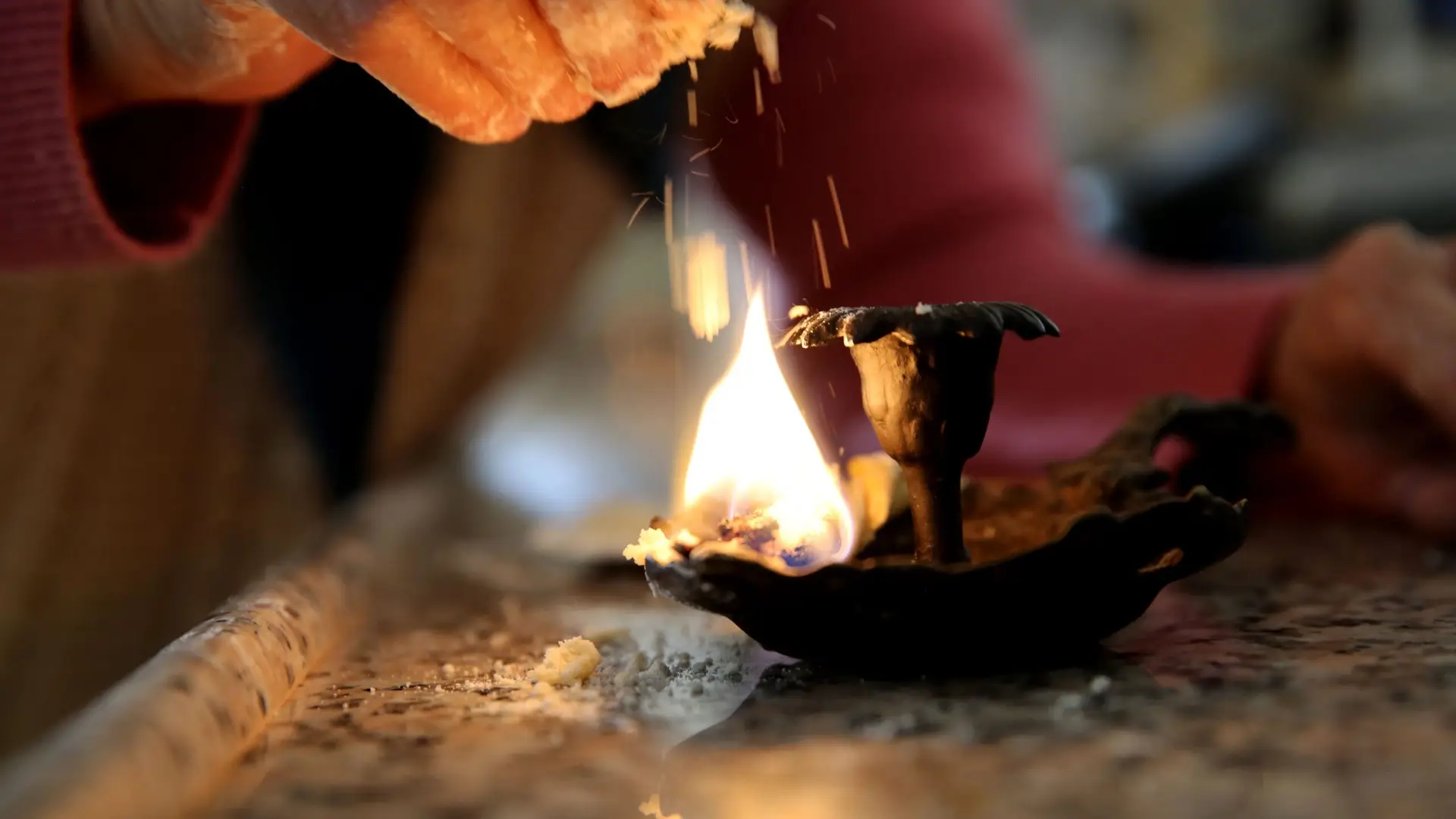
Dersim - Jiar u Diyar (Sacred Geography)
This entry reconceptualises Dersim not as a mere geographic or administrative region but as a sacred-political topography (a cultural geography) central to the Raa Haqi...
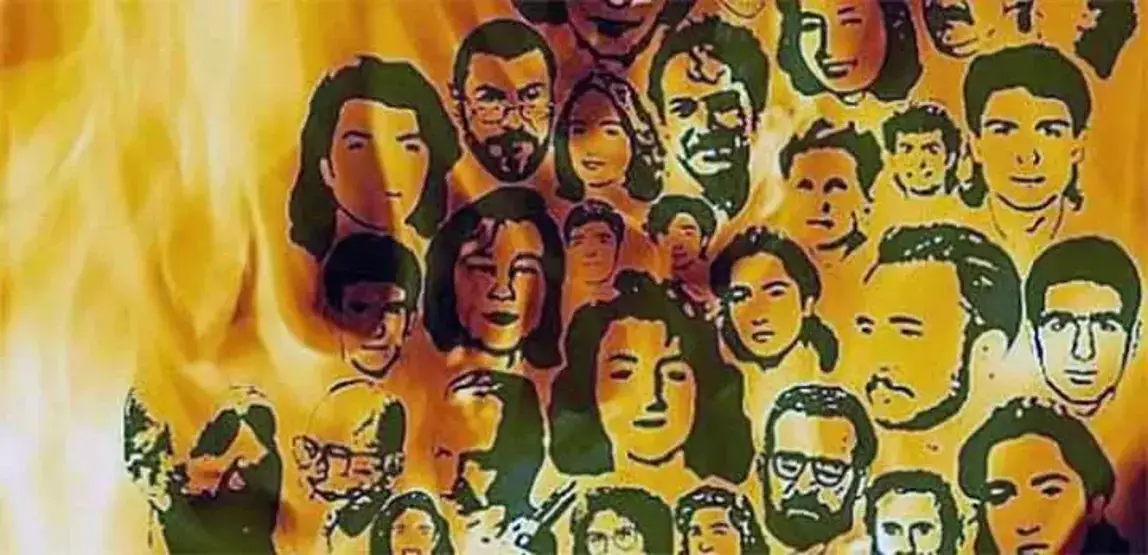
Sivas Massacre (2 July 1993)
The Madımak Massacre, which took place during the Pir Sultan Abdal Cultural Festival in Sivas on 2 July 1993 and claimed the lives of thirty-nine...
ALEVISM THROUGH THE VOICES OF RELIGIOUS LEADERS
Ağuçan Ocak
In this video, Pir Cemal Cenan, an Ocak member of the Ağuçan Ocak and an active pir, presents an insider perspective on how Ocak memory...
The Service of Ocak Households to Talips and the Role of Women in Dersim Alevism
In this video, Ana Didar Cenan presents an internal and detailed account of the services provided by Ocak households to talips in Dersim Alevism (Raa...
Derviş Cemal Ocak
In this video, Pir Haydar Boğa provides a detailed account of the Derviş Cemal Ocak, one of the significant Ocaks in the tradition of Dersim...
Görgü Cemi, Dara Çıkma, Dardan İndirme, Aklanma–Paklanma, İkrar, Rızalık
In this video, Pir Ecevit Emre discusses Görgü Cemi (entering görgü), which holds a central place in Alevi ritual life, in a multilayered and comprehensive...
Kurmanci Prayers and Gülbenks, Prayers to the Sun and the Moon in Dersim
In this video, Ana Didar Cenan examines the tradition of prayers and gülbenks in Dersim Alevism (Raa Haqi), with a particular focus on prayers addressed...
Pirship, Cem, and the Four Gates and Forty Stations
In this video, Pir Hasan Hayri Şanlı explains the importance of cems in Alevi society, their role in the education of the community, and their...
Marriage and the Marriage Ceremony in Alevism, Musahiplik, and the Deyiş & Gülbenk Recited during the Ceremony
In this video, Pir Cemal Cenan explains the institution of marriage and religious marriage (nikâh) in Alevism from an insider perspective, together with the rituals...
Gağan – Haftamal (Howtemal) – the Month of Xızır – Black Wednesday – Kirmancki Prayer
In this video, Ana Narin Gülçiçeği addresses rituals related to sacred times that hold a central place in Dersim Alevism (Raa Haqi), including the Month...
The Dersim Alevi Calendar, Gağan, the Xızır/Hızır Fast, Hewtemal – Black Wednesday, and the Month of Mourning
In this video, Pir Haydar Boğa provides a comprehensive discussion of the religious understanding of time known as the “Alevi calendar” in the tradition of...
Kurban (Sacrifice/Offering) in Alevism
In this video, Pir Hasan Hayri Şanlı discusses the understanding of kurban in Alevi belief and its meaning within the path. It is emphasized that...
Hakk & the Gate of Hakk
In this video, Pir Ali Doğan, a member of the Seyyid Seyfeddin (Pîrî Sevdîn) Ocak, presents a comprehensive narrative on the concept of Hak, which...
The Institution of Analık – The Ocak System – Social Change
In this video, Ana Cevahir Altınok provides an in-depth account of the sacredness of the concept of ana in the Alevi belief world and its...
ANNOUNCEMENTS

Alevi Encyclopedia Officially Registered with an International ISIL Code
Launched in July 2025 after preparatory work that began in April 2024, the Alevi Encyclopedia has reached another major milestone in its institutional development within...

The Alevi Encyclopedia Is Now Available in German
Following its publication in Turkish and English, the Alevi Encyclopedia has now also launched its German edition. With this step, the contents available in the...
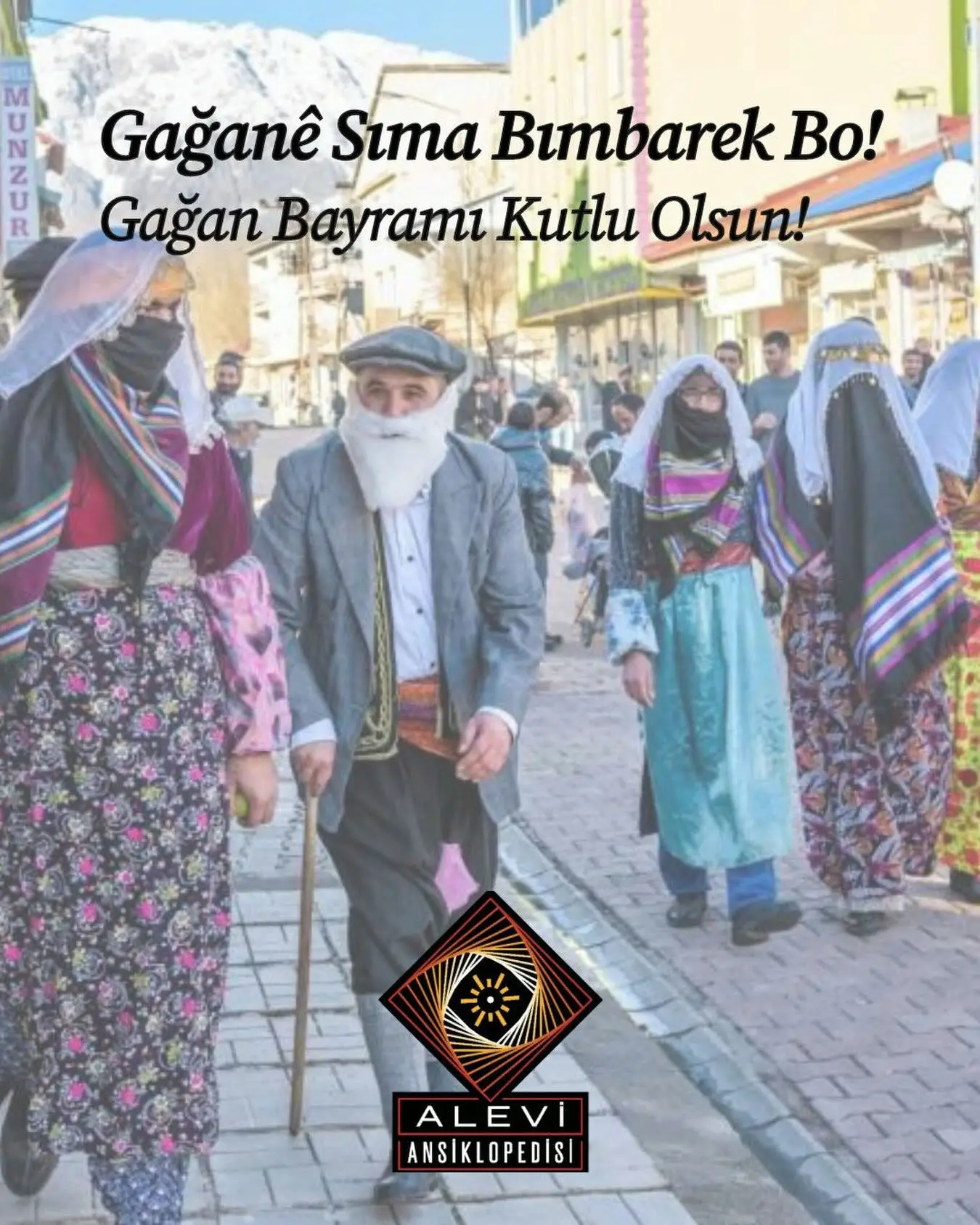
Entering 2026 through Academic Solidarity and Collective Scholarship: A New Year Message from the Alevi Encyclopedia
The year 2025 has marked not merely a publication milestone for the Alevi Encyclopedia but a decisive historical threshold in the institutionalisation of a long-term,...
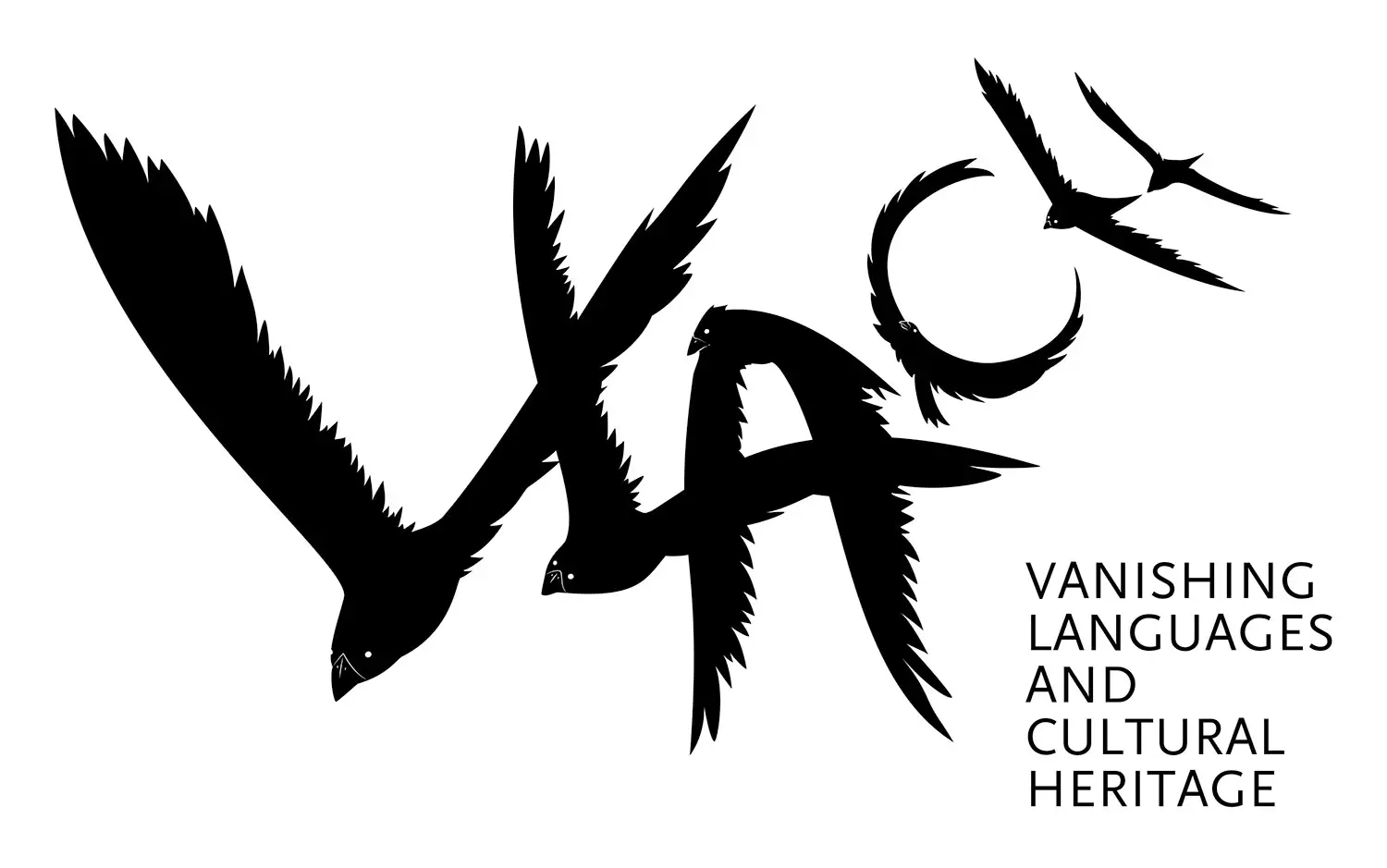
Alevi Encyclopedia – Austrian Academy of Sciences Partnership
The Alevi Encyclopedia and the Commission “Vanishing Languages and Cultural Heritage” (VLACH) of the Austrian Academy of Sciences (ÖAW) have established a partnership based on...

The 2nd Alevi Encyclopedia Symposium: Scholarly Solidarity and the International Network “A New Threshold in Alevi Studies: Collective Memory, Collaborative Production, and Digital Publishing”
The 2nd Alevi Encyclopedia Symposium (10–12 October 2025, Dortmund) institutionalized international networking and scholarly solidarity within the field of Alevi Studies, transforming the encyclopedia into...

Call for Authors: Alevi Encyclopedia – Third Group of Entries (Submission Deadline: 15 December 2025)
Dear colleagues, We would like to invite you to contribute to the third round of entries for the Alevi Encyclopaedia.
Become Our Volunteer
You can become a volunteer for the Alevi Encyclopedia and contribute your knowledge, skills, and experience to this valuable work. You can contact us by filling out the form.
Donate Now
Learn How to Donate to the Alevi Encyclopedia! Financial contributions to the Alevi Encyclopedia are used for its general expenses with the approval of the Rıza Şehri Academy.
Alevi Networks
The Alevi Encyclopedia grows with the power of collective effort! Discover the institutions and platforms that support us and contribute to preserving this cultural heritage.













